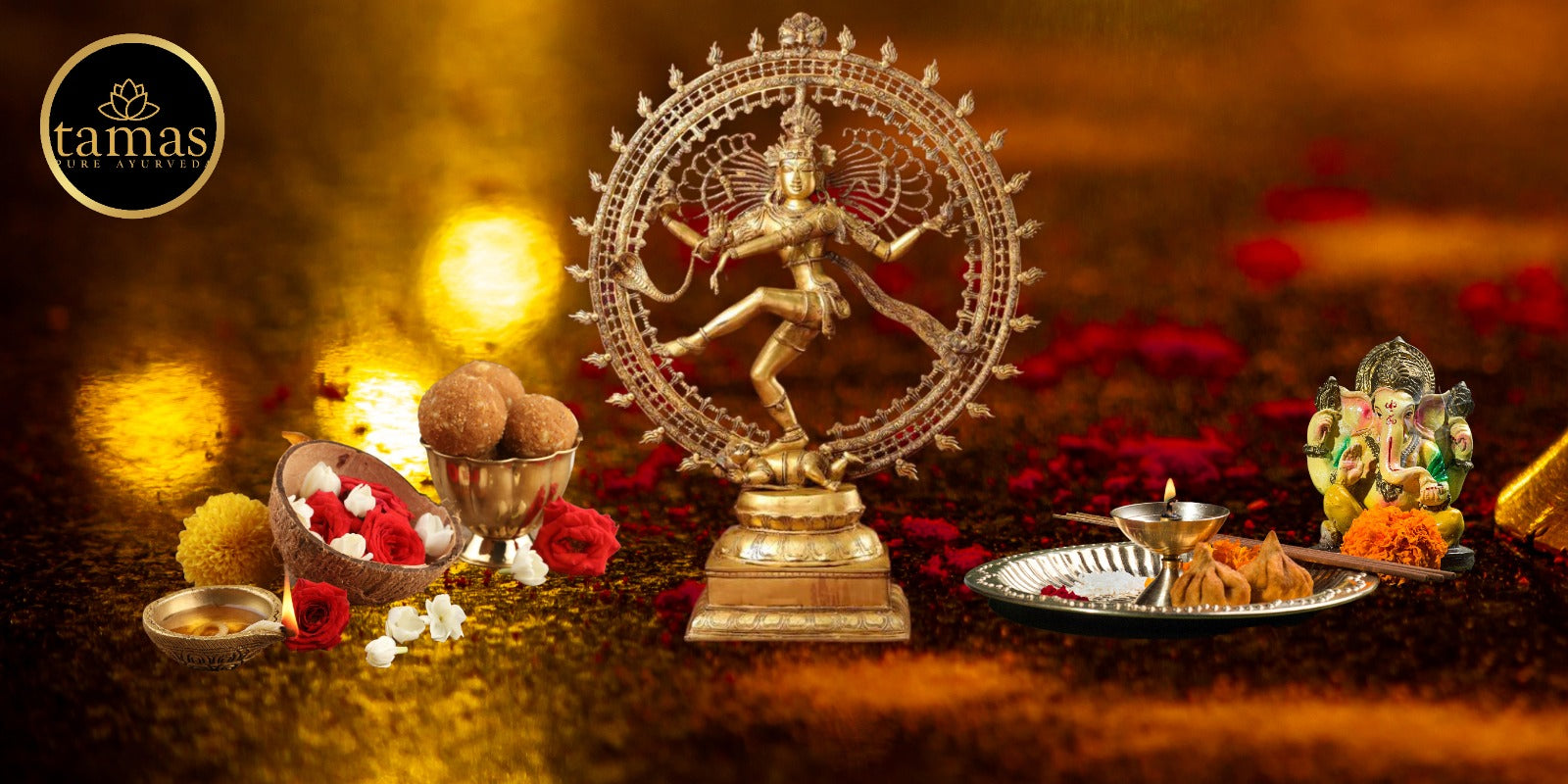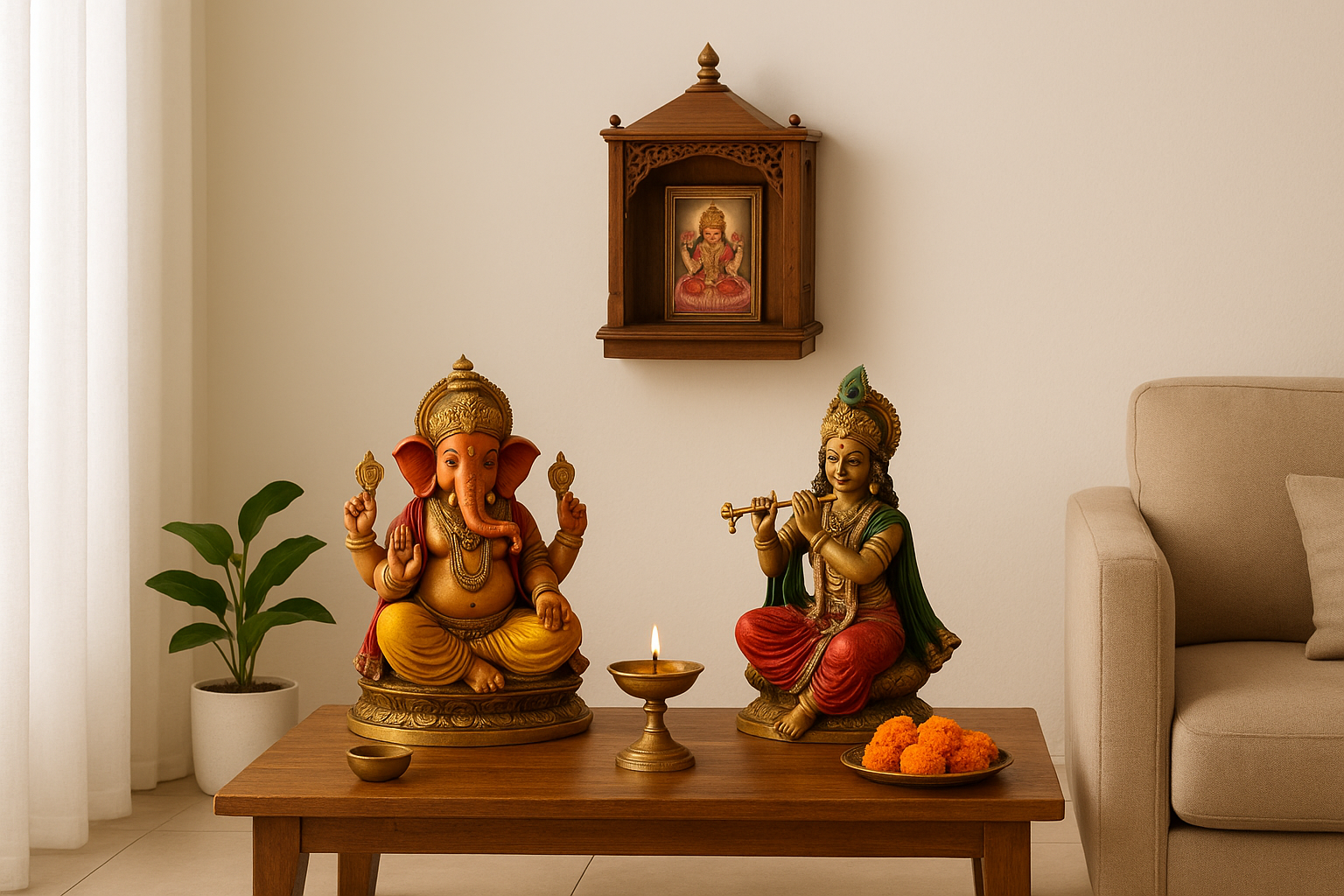
Introduction
Steeped in tradition and cultural richness, brass idols cast a spell with their resplendent charm and intricate detailing. These magnificent artifacts grace the mantels, nooks, and altars of homes worldwide, silently narrating stories of myth, belief, and spirituality. But what might seem like an embellishment at first glance transcends into a world of profound symbolism and representation upon deeper exploration
Brass, an alloy of copper and zinc, is renowned for its durability, malleability, and resistance to corrosion. These physical characteristics make brass an ideal medium for crafting idols, symbolizing the virtues of resilience, flexibility, and enduring adversity in human life. The golden sheen of brass bestows a divine aura upon the idols crafted from it, enhancing their sacredness and elevating the spiritual atmosphere.
Symbolism in Hinduism
Brass idols hold a special place in Hinduism, with each deity embodied in brass carrying a unique symbolism. For instance, a brass idol of Lord Ganesha, recognized as the remover of obstacles, is often the first to be worshipped in any new venture, symbolizing auspicious beginnings. Lord Krishna, portrayed playing the flute, signifies love and divine joy, while Goddess Lakshmi, often crafted with coins flowing from her hand, is the symbol of wealth and prosperity.
Buddhist Brass Idols
In Buddhism, brass idols are significant carriers of spiritual teachings. Bodhisattvas, or enlightened beings, are commonly represented in brass, encapsulating the Buddhist virtues of wisdom and compassion. The Buddha himself is often depicted in various Mudras (symbolic hand gestures), each having a specific meaning. For example, the Dhyana Mudra, where hands are placed in the lap, one on top of the other, symbolizes meditation and attainment of spiritual perfection.
Symbolism in Other Cultures
The use of brass idols extends beyond eastern spirituality. From African tribal totems to Celtic pagan deities, the versatile medium of brass is used to encapsulate various cultural beliefs and practices. In African cultures, brass idols often symbolize ancestral spirits and are used in rituals for protection, healing, or blessing. Meanwhile, in Celtic traditions, brass is associated with the Sun and its life-giving power, representing rebirth and renewal.
Power of Brass in Ritual Practices
Brass idols play a crucial role in various ritual practices. Their intrinsic energy is believed to augment the spiritual vibration of the surrounding environment. Brass, being a good conductor of heat, is considered to absorb and retain the divine energy invoked during a ritual, thus serving as a powerful medium to connect with the divine.
Conclusion
Brass idols, in their enigmatic beauty and profound symbolism, serve as more than mere aesthetic objects. They are a manifestation of cultural wisdom, spiritual beliefs, and philosophical insights, presenting a tangible form to the intangible concepts of divinity and virtue. As we understand the meanings and representations behind these idols, we can appreciate their significance in our spiritual journeys, and how they silently communicate the eternal truths of life.





